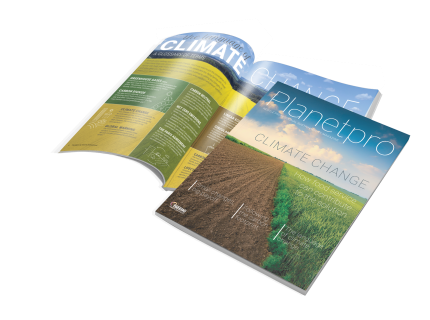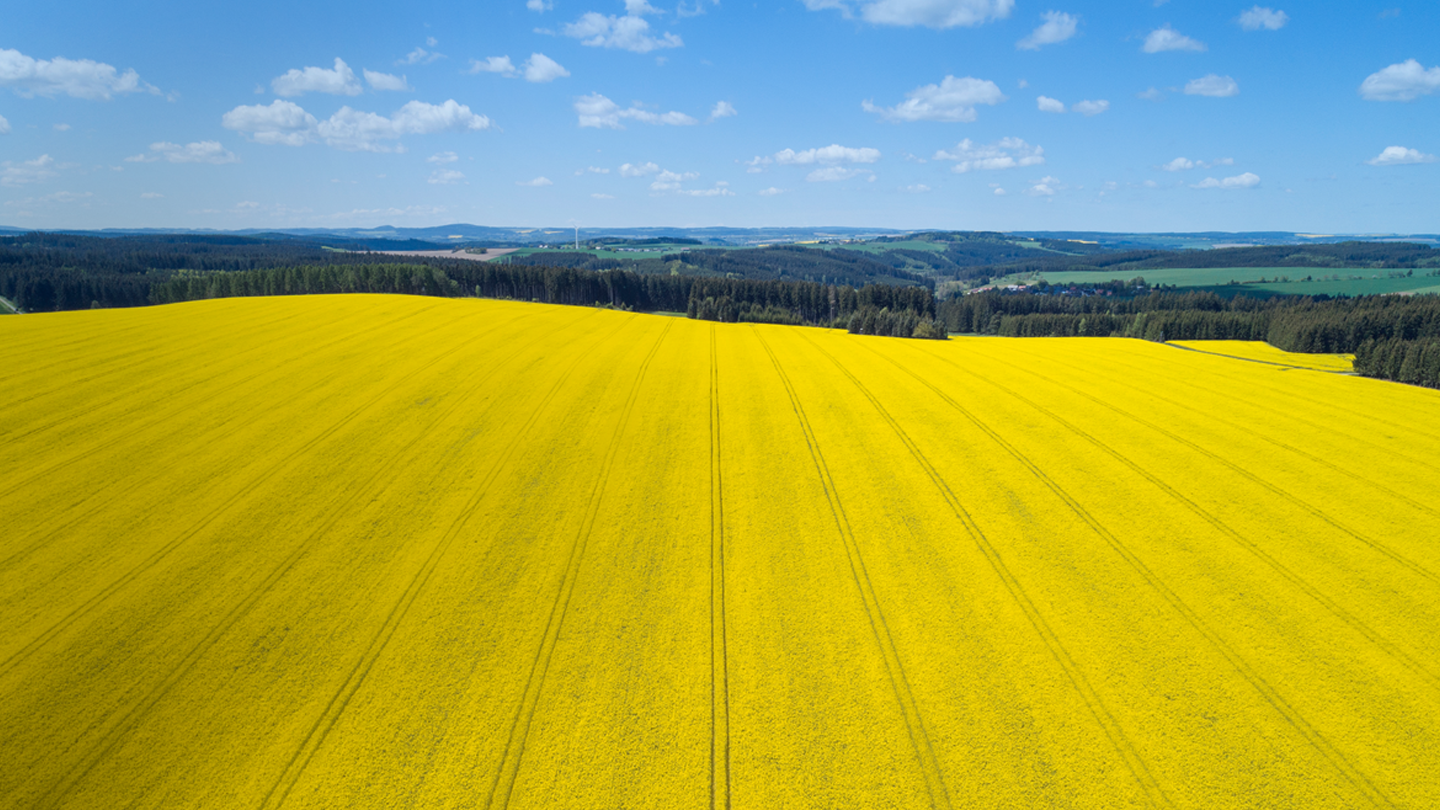
- Sustainability
- Planetpro
Life Cycle
From farmers' fields to the table and beyond, every choice along the way impacts the carbon footprint of food and beverages.
Ingredients
Food comes from many plants, animals and minerals, and their carbon footprints vary widely. While our industry needs to balance these concerns with nutritious diets and guest satisfaction, we should be aware of how much our choices can contribute to or help reduce our carbon footprint. Opting for more plant-based proteins and moving toward regenerative agriculture practices are two effective ways to help reduce greenhouse gas emissions.
Pulses require about 20 times less land & generate 20 times less GHGs than beef (per gram of protein consumed).
Packaging & Manufacturing
All parts of the life cycle need to be taken into account when determining your carbon footprint.
For example, GHGs can be created by factories that process the ingredients or products you use, and emissions are also released during the production of cans, bottles, and other packaging— including the take-out containers you use.
Transportation
Moving ingredients is a significant part of our industry’s carbon footprint.
Transporting them great distances across land or sea burns fossil fuels which create emissions, and even local delivery to your customers creates GHGs.
Storage & Preparation
Freezing, cooling, cooking, baking…and don’t forget the constant ventilation!
One look at your utility bills will reveal how much energy your business uses every day. Understanding the impact of these processes is a great incentive for saving energy.
Waste
This is a surprisingly large contributor to GHG emissions due to the unnecessary emissions generated by waste involved in food production.
While some of this waste comes from grocery stores and consumers, our industry adds to it substantially, so we owe it to the world to reduce our waste.
Each year 7.6 million tonnes of food is wasted across Australia's supply and consumption chain2.
Ready to learn more about sustainable practices in your business?
Get valuable information on how to reduce your environmental footprint with our magazine Planetpro. Download here.
- Ranganathan et al. (2016), Shifting Diets for a Sustainable Food Future
- National Food Waste Strategy Feasibility Study, Food Innovation Australia Limited









